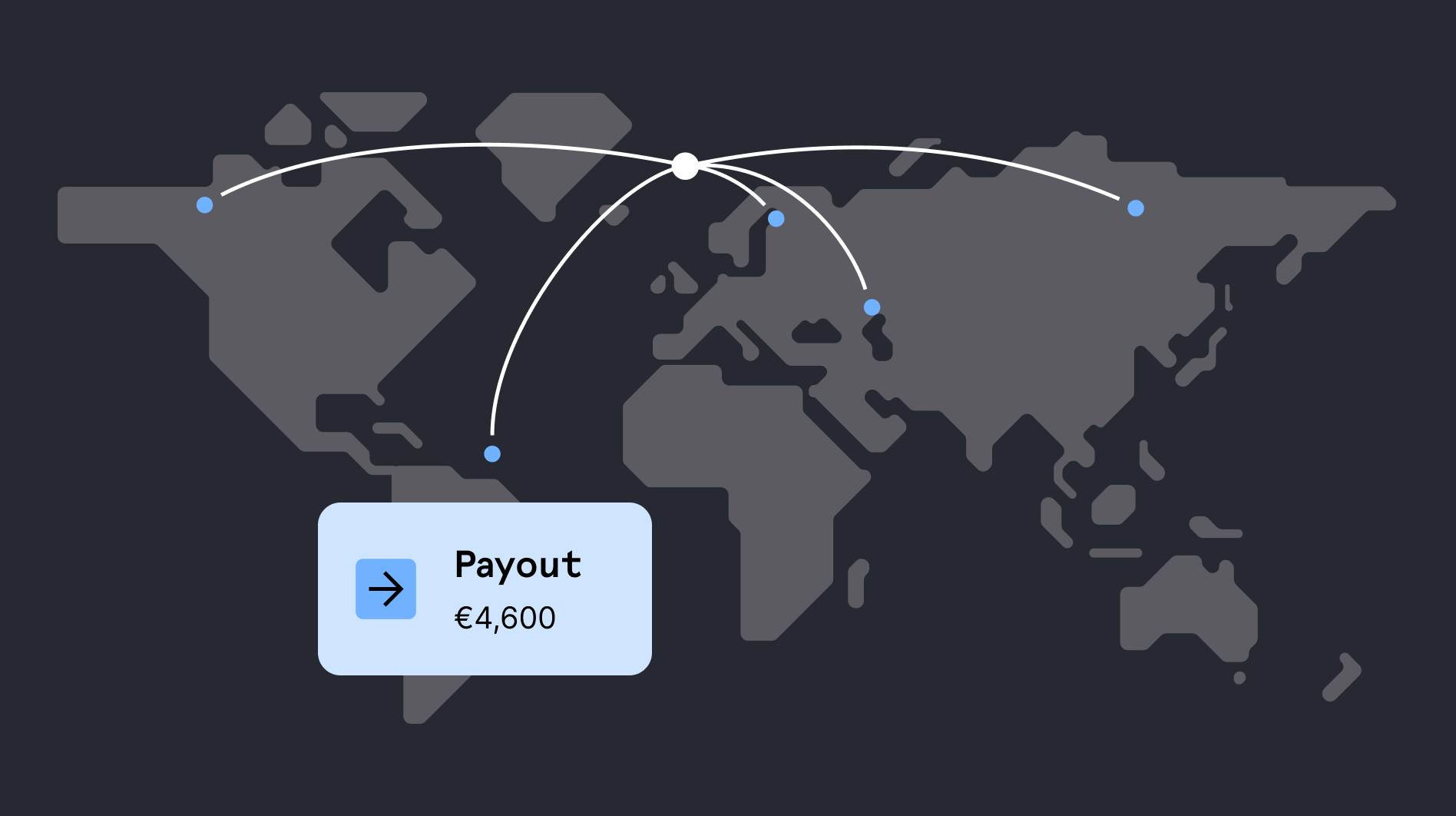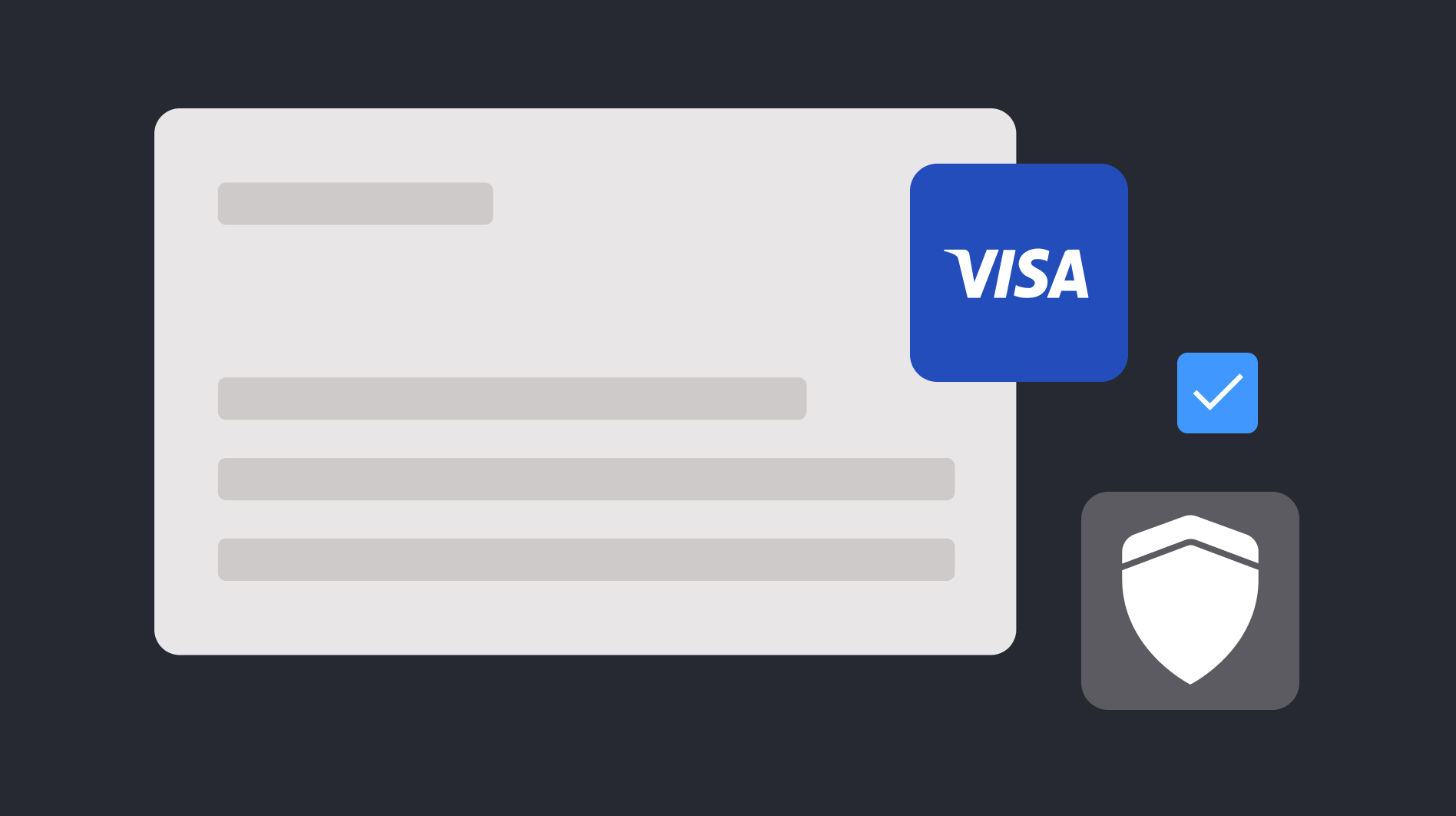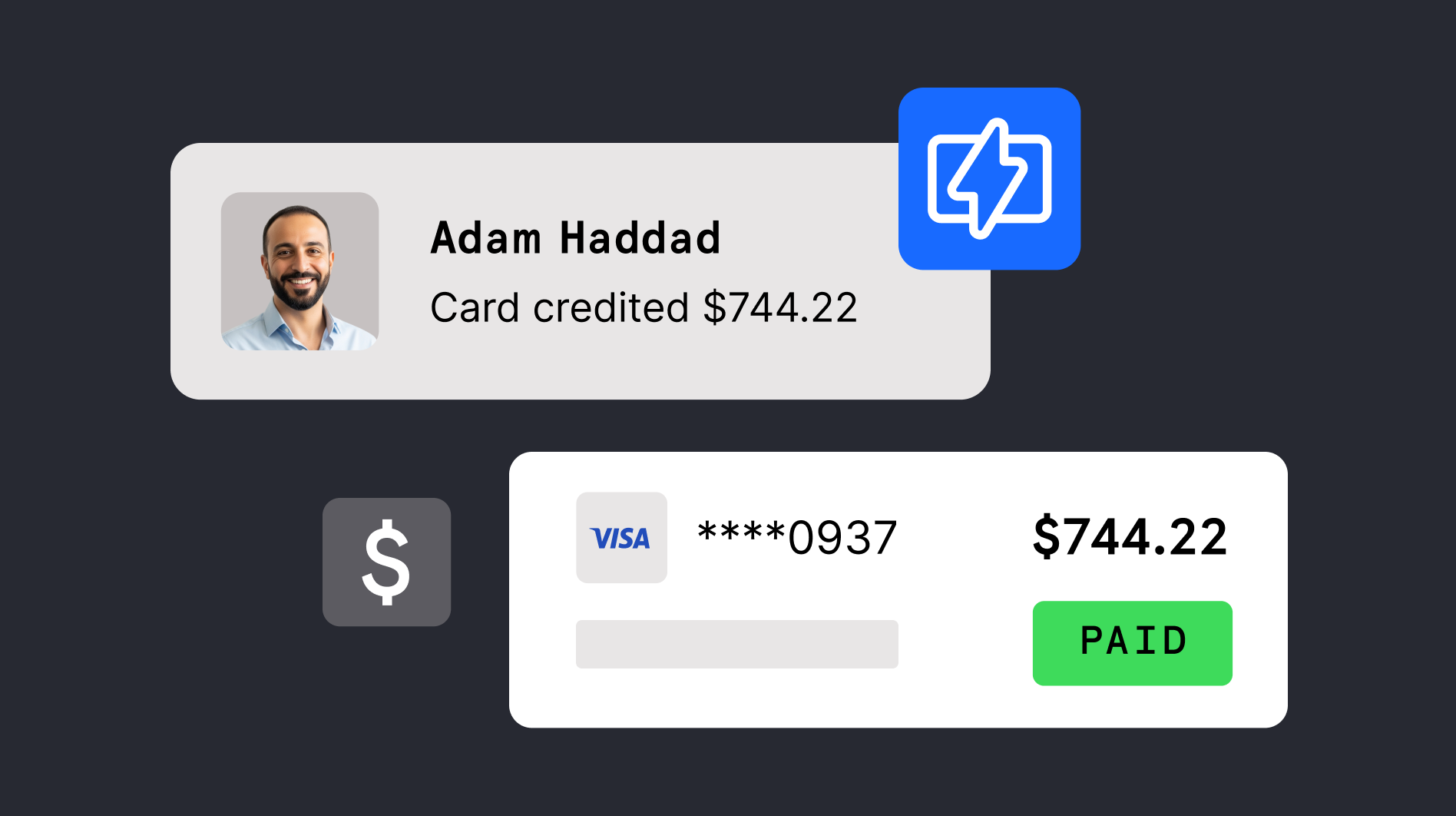The global economy is more connected and more competitive than ever. Cross-border payment systems have made it easier to engage in cross-border ecommerce, and that ease is driving global growth.
Cross-border payouts play a central role in this shift, enabling businesses to disburse funds quickly to recipients in multiple countries and currencies. This brings new opportunities, from discovering remote talent to partnering with previously inaccessible businesses.
In this article, we explore cross-border payouts, why they matter, the costs involved, and how to choose the right cross-border payments partner. We’ll also highlight some of the most relevant cross-border payment trends shaping the future of international transactions.
What are cross-border payouts?
Cross-border payouts allow businesses to send funds to recipients in different countries, often in different currencies. Whether you’re paying freelancers, funding digital wallets, withdrawing from investment accounts, or sending insurance claims, a smooth payout experience matters. Payouts can be made directly to bank accounts, credit cards, or debit cards, offering flexibility and convenience for global disbursements.
Why global businesses depend on cross-border payouts
In an online, globalized world, cross-border payouts are essential for scaling and staying competitive. For businesses with international reach, they offer a number of benefits:
- Fuel business expansion – cross-border payouts remove financial friction, making it easier to access new customers, suppliers, and partners around the world
- Support a global workforce – whether you discover talent in Albania or Antigua, you can payout in local currencies and preferred methods, building stronger remote teams
- Drive economic growth – from tourism to trade, cross-border payouts help fuel shared economic value across geographies
- Gain a competitive edge – fast, reliable cross-border payouts give you access to new ideas, markets, and efficiencies, helping you move faster than rivals who might be restricted to more local opportunities
- Simplify operations and reduce costs – with a single integration, you can send payouts to multiple countries, reduce regulatory complexity, and manage finances more easily
Key components of cross-border payouts
When setting up cross-border payment flows, there are several important elements to consider:
- Exchange rates impact both sides – the rate used to convert currency affects what the recipient receives and what it costs you. Checkout.com provides transparency on FX rates upfront and supports a wide range of holding and processing currencies, helping you minimize FX exposure and stay in control of your costs
- Understand local regulations – regulatory requirements differ by country, but our single API is designed to meet both sending and destination country standards. We also provide clear documentation on local data and compliance needs, helping you stay compliant and keep payouts flowing smoothly
- Factor in time and costs – while some cross-border transfers can take days and incur additional fees, others can be near-instant. Checkout.com can help you manage the variables – from exchange rates to local regulations – and provide transparency across the transaction flow, so you can reduce delays, avoid hidden costs, and stay in control of your payouts
Dealing with cross-border payout fees
Much that is documented about the cost benefits of an enhanced payment operation focuses on money coming in. But businesses also stand to lose out if they don’t look at what they're paying for money going the other way.
The ecosystem of payouts is riddled with complex processes and invisible go-betweens. With most payouts still routing from bank to bank via multiple correspondent institutions using legacy technology processes, businesses are at high risk of being negatively impacted by:
- The fees, often hidden, that banks levy
- Long processing time for payouts
- Inefficient manual reconciliation
In the end, all of the above falls off the bottom line. But, more importantly, it inhibits scalability and growth for businesses and is a barrier to providing good customer service.
Companies that transact across borders are even more vulnerable. A payout to another country can cost up to 10% of the transfer value, with some banks charging fees over £30, about $36.50, per payment processed.
Here’s a list of the key costs relating to payouts and how businesses can make sure they're not paying more than they need.
Routing
There’s no avoiding using the banking network to process a bank transfer payout. But merchants can cut the complexity, and so the cost, of the journey the money takes. There are typically two banks involved in a payout for domestic payments: the payer’s and the payee’s.
But when bank payouts move across national borders, they also move across different banking networks that form the global correspondent banking network. These networks were never designed to work in harmony, and different data standards, regulations, and fraud prevention measures – to name just a few – mean they often don’t. Intermediary banks step in to facilitate the path of the payout. And for that, they take a cut. The more complex the payout route, the more intermediaries are needed, and so the more costly it gets.
To avoid dealing with the complexity and cost of bank transfers, payouts can be made through alternative channels such as cards. With Visa Direct and Mastercard Send, businesses can leverage the schemes' global presence and unified network of account holders to push funds to customers. Visa and Mastercard are as ubiquitous for pushing payouts to customers as they are for collecting payments.
Exceptions
A complex payout path doesn’t just hike costs, it also jeopardizes payout success. There are multiple reasons why a payout can fail. Some are the responsibility of the payer, such as not having the necessary funds or credit limit or inputting incorrect information about the payee. Other times the payer is at the mercy of data incompatibility between banking systems, regulations and standards. This forces businesses to navigate and understand the local requirements in every country they send to – or risk failed payouts and rising costs. For businesses operating at a global scale, this is a huge undertaking that will ramp up payout costs significantly.
FX conversion
The apparent cost of currency conversion often comes from bank or broker commissions. Less scrutinized is the difference between the FX rate agreed with the payee and the rate used for conversion. This difference is usually caused by fluctuations in currency values between the time the payout is initiated and the currency conversion. And without full visibility into rates and control over the transactions, there’s no possible way of guaranteeing what amount the payee will receive.
Operational costs
A successfully processed payout is the expected outcome for a business. Failed payouts introduce a measure of the unknown, as the business typically needs to investigate the cause of failure and take remedial action to correct and reprocess the payout. In many organizations, these investigations and corrections are costly as they are done via staff performing manual tasks.
A lack of data and insight into failure reasons only serve to impede and slow down the ability to correct failed payouts, further increasing the cost of operations for the business and negatively impacting customer experience. As a result, more resources are needed to handle exceptions and the cost of making payouts increases.
Finally, there's also the cost of connecting and maintaining connections to the disparate systems required to make payouts at scale. It's not uncommon for businesses sending payments globally to have five or more direct integrations to domestic payment networks. And connecting to a new network can usually take six months or more.
Simplify payouts. Accelerate your growth
Inefficient payouts are a hidden cost that blight every business. Solving this inefficiency can go a long way towards reducing costs, maximizing profits, and, most of all, increasing customer satisfaction.
The good news is that it's solvable. The payments innovation that's taken place in the past decade has put in place all the components for a radically different cross-border payment ecosystem.
By choosing a partner that's built its payouts solution for the 21st century, businesses can hook into this next-generation network through a single integration, allowing them to access every payout method in every geography without the technical overhead. And once connected, businesses are afforded the flexibility, visibility and control to drive optimizations and efficiencies across their payouts process, turning it from a costly confusion into a competitive advantage at scale.
Choosing the right cross-border payout service
The right payment service provider for your business should be hot on global payment trends, and ready to facilitate payouts in the regions and countries you need.
Checkout.com has built payout journeys for ambitious, global businesses. We support payouts to over 130 countries and deliver funds in over 130 currencies, to both cards and bank accounts. Card payouts can be made within minutes, and bank accounts on the same day, avoiding the delays that can impact international transactions. You also get full visibility of exchange rates based on market-leading rate sources, so you and your payees have full transparency.
Get in touch to see how Checkout.com allows merchants to turn payouts into a competitive advantage with simple, convenient options that help funds get to customers faster.






%20thumbnail.png)
%20(3).png)








